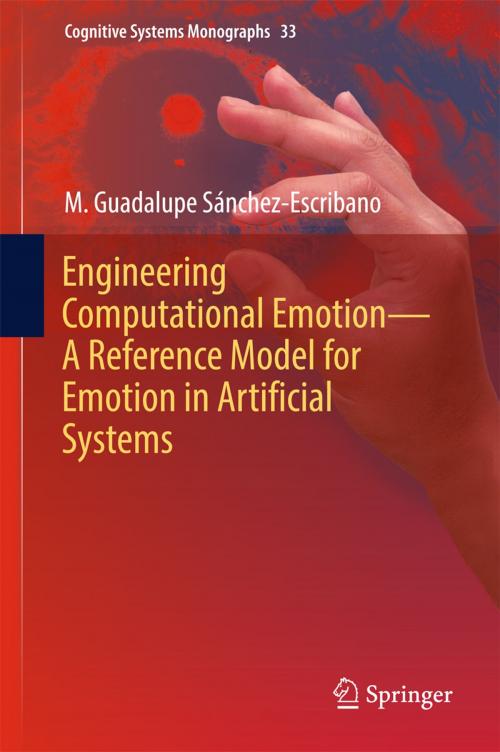Engineering Computational Emotion - A Reference Model for Emotion in Artificial Systems
Nonfiction, Computers, Advanced Computing, Artificial Intelligence, Health & Well Being, Psychology, Emotions, General Computing| Author: | M. Guadalupe Sánchez-Escribano | ISBN: | 9783319594309 |
| Publisher: | Springer International Publishing | Publication: | June 17, 2017 |
| Imprint: | Springer | Language: | English |
| Author: | M. Guadalupe Sánchez-Escribano |
| ISBN: | 9783319594309 |
| Publisher: | Springer International Publishing |
| Publication: | June 17, 2017 |
| Imprint: | Springer |
| Language: | English |
This book provides a new perspective on emotion in artificial systems. It presents an insightful explanation of how emotion might emerge deep inside the systems, and emotional behaviour could be seen as a consequence of their internal management. The final approach attempts to account for a range of events associated with emotion, from functional and behavioural features to aspects related to the dynamics and the development of feeling.
The book provides a theoretical foundation for engineering and designing computational emotion as a framework for developing future adaptive systems. It includes a painstaking analysis of the rationales for the features of the final approach, including aspects from the fields of Artificial Intelligence, Psychology, the Cognitive Sciences and Model-based Systems. Synthesizing knowledge from a variety of disciplines, it ultimately presents a model conceptualization following the perspectives of Engineering and the Cognitive Sciences.
This book provides a new perspective on emotion in artificial systems. It presents an insightful explanation of how emotion might emerge deep inside the systems, and emotional behaviour could be seen as a consequence of their internal management. The final approach attempts to account for a range of events associated with emotion, from functional and behavioural features to aspects related to the dynamics and the development of feeling.
The book provides a theoretical foundation for engineering and designing computational emotion as a framework for developing future adaptive systems. It includes a painstaking analysis of the rationales for the features of the final approach, including aspects from the fields of Artificial Intelligence, Psychology, the Cognitive Sciences and Model-based Systems. Synthesizing knowledge from a variety of disciplines, it ultimately presents a model conceptualization following the perspectives of Engineering and the Cognitive Sciences.















